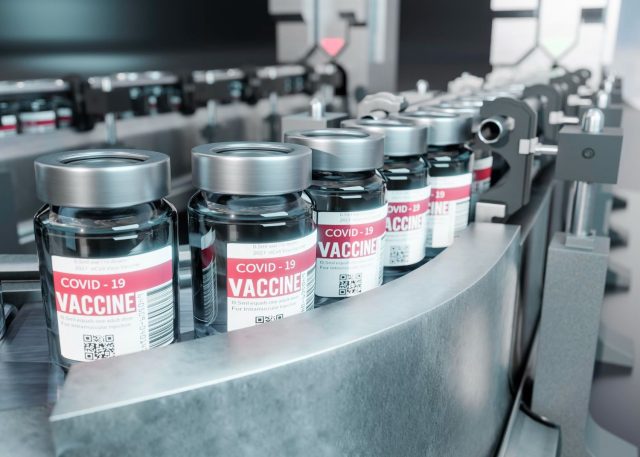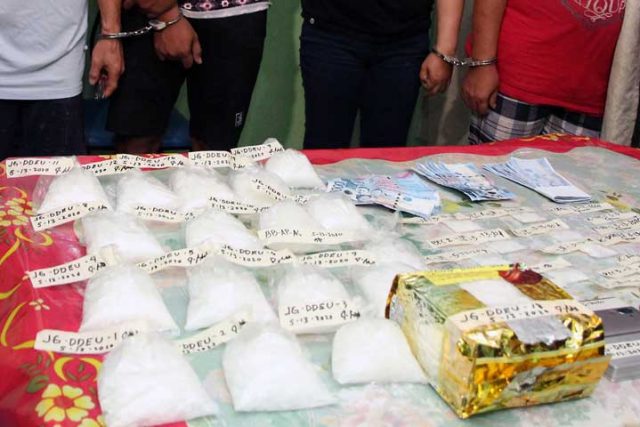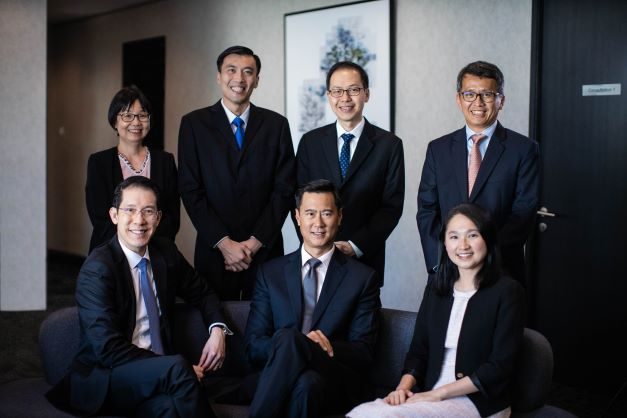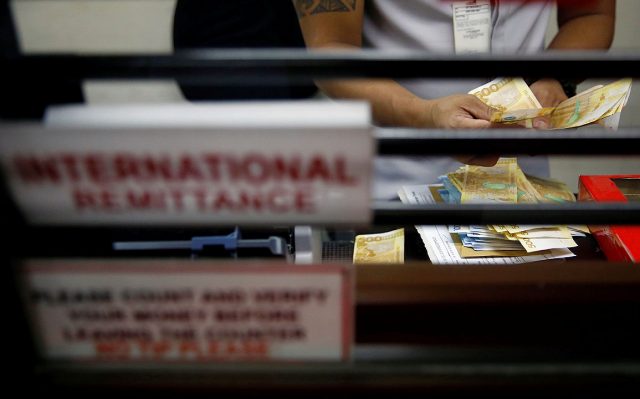Sustainable finance is positively influencing society in the Philippines. A recent bond issuance exemplifies its potential to create habitats that will prosper for generations.
When addressing the United Nations General Assembly in late-September 2020, President Rodrigo Duterte called for the world to tackle the climate crisis with the same urgency used to fight COVID-19, asserting it had widened social inequality and compounded the effects of the pandemic.
According to a report published that same month, more than 70% of micro, small and medium enterprises (MSMEs) in the Philippines were forced to close a month after the outbreak. MSMEs are the backbone of the Philippine economy, employing almost two-thirds of the country’s workforce, and accounting for 99% of businesses nationwide.
Months after, unemployment reached a 15-year high, while healthcare facilities were overrun, due to surging cases of COVID-19.
“The global pandemic has deepened poverty, tested weak healthcare systems, and exposed the need to bridge the digital divide,” notes Eugene S. Acevedo, President and Chief Executive Officer of Rizal Commercial Banking Corporation (RCBC). Financial support from banks like RCBC would prove critical in helping businesses and society cope with the fallout from the pandemic.
A greener archipelago
Prior to the pandemic, the Philippines had become a leader in renewable energy. The country ratified the Paris Agreement in 2017, committing to reductions in greenhouse gas emissions of 70% by 2030. The Philippine government has since boosted this commitment to 75% by the same date.
Various financing initiatives were highly effective in driving the nation’s sustainability agenda. For instance, in 2018, the ASEAN Sustainability Bond Standards were launched; the standards assure investors that bond proceeds are channelled into genuinely green projects and social initiatives. RCBC issued the country’s first ASEAN Sustainability Bond a year later.
In early-2020, the nation’s central bank, Bangko Sentral ng Pilipinas, rolled out the country’s Sustainable Financial Framework. The framework mandates banks to embed sustainability principles into their operations, while supporting businesses and projects that benefit the environment and society. For example, by December 2020 about PHP152 billion (US$3 billion) of green bonds had been issued nationally, financing more than 70 projects across low-carbon transport, renewable energy, and sustainable water and waste management.
Yet those excited by the nation’s advances in sustainability planning feared a slowdown due to the worsening COVID-19 crisis. Could the country continue its promising journey, even amid a global pandemic?
Keep solving problems
The leadership at RCBC firmly believed that it could. As did their peers at Standard Chartered Philippines, a close partner of RCBC and a co-financier of numerous sustainability projects. Together, the two banks remained committed to financing these, despite the intensity of the global health scare.
“The pandemic heightened awareness on the impact that social vulnerabilities can have on our customers and our business,” explains Acevedo. “We realized that the long-term viability of the bank rests on how we solve society’s pressing problems, such as social inequality and vulnerability to climate change.”
At the time, RCBC’s treasury team was preparing to refinance a maturing bond. Given its commitment to upholding social and environmental responsibility, the bank planned an ASEAN Sustainability Peso Bond offering, the nation’s first sustainability-labeled transaction of 2021, with Standard Chartered Philippines acting as sole lead arranger and book runner.
The dual-tranche 2.5-year and 5.25-year bond offered fixed interest rates of 3.20% and 4.18%, respectively — attractive yields in today’s near-zero interest rate world. The bonds were to be offered with a minimum size of PHP3 billion (US$60 million), with proceeds to be directed towards addressing climate and societal challenges.

“Our collaboration with Standard Chartered helped us overcome market obstacles to successfully issue a six-times oversubscribed, record-sized ESG bond to financially support Philippine MSMEs and reinforce our commitment to the Government’s sustainability aspirations.”
— Eugene S. Acevedo
RCBC President and CEO
Further complications
Aside from the pandemic, other obstacles lie ahead. While 2020 was a record year with new bond issuances topping PHP388 billion (US$7.7 billion), early-2021 was somewhat muted due to the influx of supply from the previous year. Investor sentiment favored shorter-term issues, and volatility in the foreign exchange markets made local currency issuances less attractive to investors. The issuance of a three-year retail treasury bond by the Philippine government one month before RCBC’s offering threatened to further distract the market.
Making the environment more challenging, the nation imposed strict home quarantine measures during the deal’s execution, putting half of the Philippine population on lockdown and potentially dampening investor appetite.
Nonetheless, the team forged ahead. Robust market liquidity, combined with local investors’ search for higher-yielding products, resulted in a solid order book. The bank closed the books at PHP17.87 billion (US$350 million) — almost six times more than its minimum issue size.
“The issue was RCBC’s largest so far and eclipsed all our expectations,” enthuses Acevedo. “A good portion went into the 5.25-year bond. This speaks volumes about the investing public’s confidence not just in RCBC but in the banking system as a whole.”
Positive outcomes
Standard Chartered Philippines’ participation in the transaction was crucial. The bank’s experience in advising, structuring, executing and distributing issuances, coupled with a dedicated debt capital markets team, enabled RCBC to overcome market obstacles.
The bond proceeds refinanced RCBC’s sustainable lending portfolio, which supports projects with environmental benefits and those vital to society’s needs. Notably, the bank plans to provide financial support to Philippine MSMEs, in order to help generate employment and much-needed income to communities.
Such activities are in line with the sustainable finance frameworks of both RCBC and Standard Chartered, which prioritize capital raising and lending to sectors that benefit the environment and society. These range from renewable energy, green buildings, clean transportation, and pollution prevention and control — through to affordable housing, water provision, education and healthcare.
“The transaction demonstrated how Standard Chartered is truly ‘Here for Good’ by supporting issuances that will create positive outcomes for the environment and society,” says Lynette Ortiz, Chief Executive Officer, Standard Chartered Philippines.
“More than ever, it is crucial that we ensure social and economic development through our business, operations and communities,” she says. “With our broad range of banking capabilities and on-the-ground expertise, Standard Chartered is helping businesses and society to navigate through the current crisis with an aim to build a more equitable and sustainable Philippines.”

For more insights on ASEAN, please visit www.sc.com/asean-insights.
Spotlight is BusinessWorld’s sponsored section that allows advertisers to amplify their brand and connect with BusinessWorld’s audience by enabling them to publish their stories directly on the BusinessWorld Web site. For more information, send an email to online@bworldonline.com.
Join us on Viber to get more updates from BusinessWorld: https://bit.ly/3hv6bLA.

















